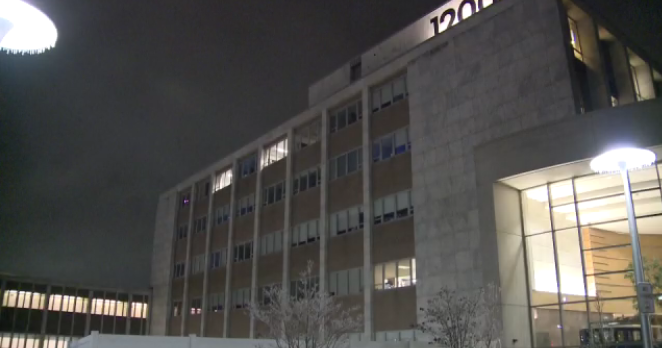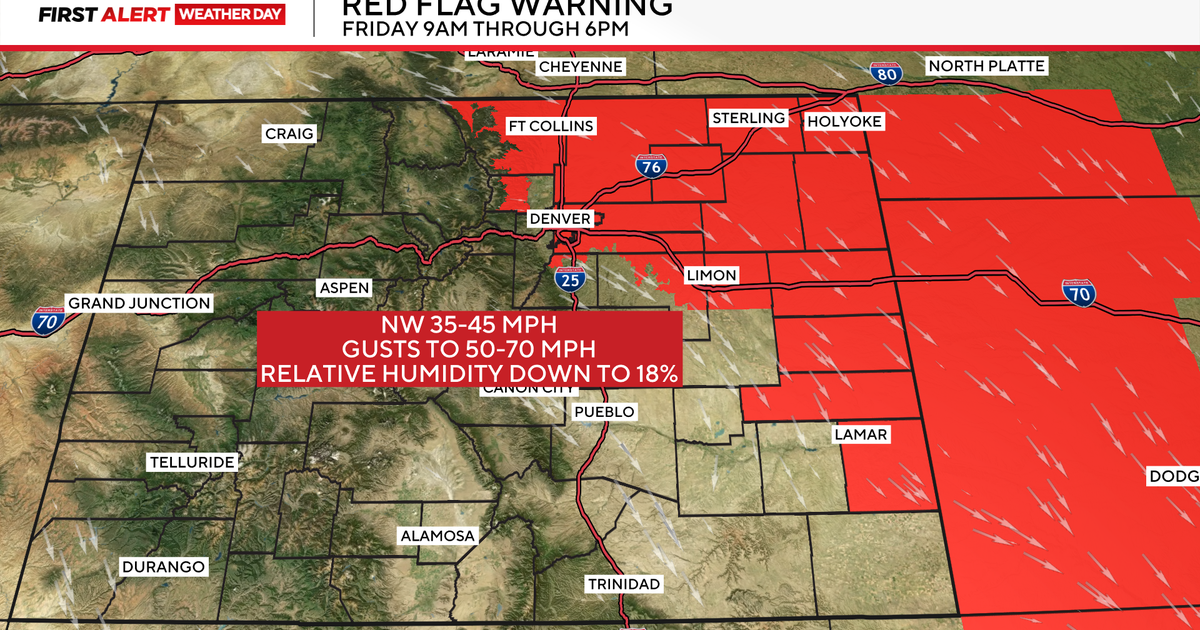Heath Division: Have a cold? Avoid kids at high risk of RSV
PONTIAC, Mich. (CBS DETROIT) - A sharp increase in respiratory syncytial virus cases within the last month is prompting Oakland County Health Division (OCHD) to urge residents to protect themselves and children against the illness.
OCHD said people with cold-like symptoms should limit interaction with children at high risk for severe respiratory syncytial virus, commonly known as RSV. This includes premature infants, children younger than 2 years old who have chronic lung or heart conditions, and children with weakened immune systems. If this is not possible, follow prevention recommendations.
Kids 4 years old and younger are the largest group of patients visiting emergency rooms in Southeast Michigan for respiratory illnesses such as RSV and other viruses.
"RSV is affecting our youngest, more vulnerable residents," said Dr. Russell Faust, Oakland County medical director. "We are concerned about RSV, flu and COVID-19 all being widespread as we move into the winter. Get your COVID and flu vaccines when eligible and wash your hands often."
RSV is a common respiratory virus that usually causes mild, cold-like symptoms, but can be particularly serious for infants and older adults. It is the most common cause of bronchiolitis (inflammation of the small airways in the lung) and pneumonia (infection of the lungs) in children younger than 1-year-old in the United States.
Signs and symptoms of severe RSV infection in infants include:
- Short, shallow, and rapid breathing
- Struggling to breathe — chest muscles and skin pull inward with each breath
- Cough
- Poor feeding
- Unusual tiredness
- Irritability
Medical officials said seek immediate medical attention if a child or anyone at risk of severe RSV infection has difficulty breathing, a high fever, or a blue color to the skin, particularly on the lips and in the nail beds.
Nationally, RSV cases are peaking early, according to Centers for Disease Control and Prevention surveillance. They normally peak in winter.
To help prevent the spread of RSV and other viruses, the Health Division recommends the following best practices:
- Get vaccinated/boosted for influenza and COVID-19
- Stay home if sick, even when testing negative for COVID-19
- Wear a mask if sick and being around others is unavoidable
- Wash your hands often with soap and water for at least 20 seconds
- Avoid close contact, such as kissing, shaking hands, and sharing cups and eating utensils with others
- Clean frequently touched surfaces such as doorknobs and mobile devices
- Cover your coughs and sneezes with a tissue or your upper shirt sleeve, not your hands
For more information about RSV, visit the Health Division's website here or by contact Nurse on Call at 800-848-5533 or noc@oakgov.com. Nurse on Call is available 8 a.m. to 5 p.m., Monday through Friday.







